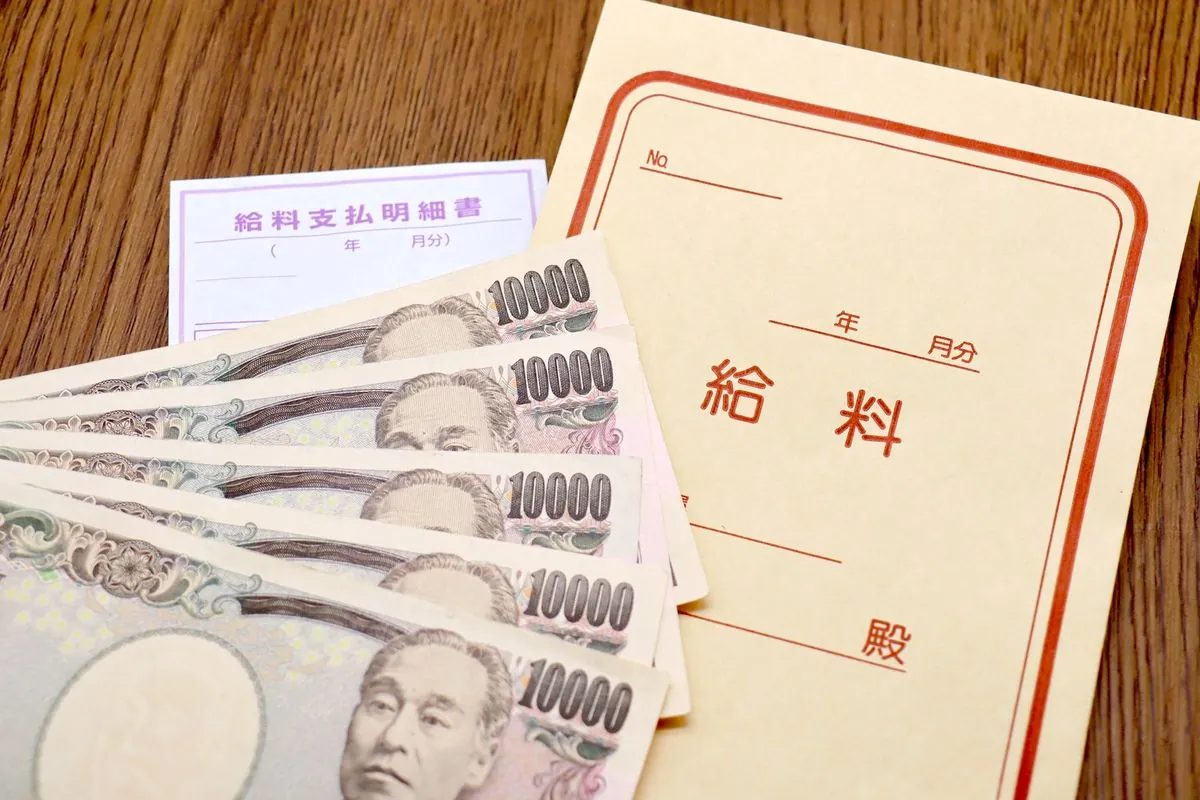Japan's Real Wages Rise for Second Month, Boosted by Summer Bonuses
Japan's inflation-adjusted wages increased for two consecutive months, with July showing a 0.4% growth. The rise, attributed to summer bonuses, is crucial for potential Bank of Japan interest rate adjustments.

In a significant development for Japan's economy, inflation-adjusted wages have shown positive growth for two consecutive months. According to recent government data, real wages in the world's fourth-largest economy increased by 0.4% in July 2024, following a 1.1% rise in June.
This upward trend in real wages is particularly noteworthy as it marks a continuation of positive growth after a prolonged period of stagnation. Prior to June 2024, real wages had not seen an increase for 27 months, dating back to March 2022.
The primary driver behind this recent wage growth has been the distribution of summer bonuses. Special payments, which include these bonuses, saw a 6.2% increase in July, following a revised 7.8% growth in June. However, a labor ministry official noted that the impact of these bonuses on real wage growth is expected to diminish after August.

The wage situation in Japan holds significant implications for monetary policy. Kazuo Ueda, the Governor of the Bank of Japan (BOJ), has emphasized that sustained wage increases must accompany rising prices for inflation to consistently meet the central bank's 2% target. This target, introduced in 2013, has been a cornerstone of Japan's efforts to combat deflation, which has plagued the economy for much of the past two decades.
"Broadbased increases in pay must accompany rising prices for inflation to durably meet the central bank's 2% target."
In terms of nominal wages, the average total cash earnings per worker grew by 3.6% to 403,490 yen (approximately $2,785.19). This increase, while substantial, was slower than the 4.5% growth observed in June, which had marked the fastest pace since January 1997.
Base pay, a crucial component of wages, rose by 2.7%, representing the most rapid increase in nearly 32 years. This surge reflects the outcomes of the spring labor-management wage negotiations, where Japanese firms agreed to an average monthly pay raise of 5.10% - the largest in 33 years.
It's worth noting that Japan's labor market is renowned for its low unemployment rates, a characteristic that has persisted despite economic challenges. The concept of lifetime employment, once a hallmark of Japanese corporate culture, has influenced wage structures and labor practices for decades.
While wage growth is showing positive signs, it's important to consider the broader economic context. Japan has one of the highest debt-to-GDP ratios globally and faces challenges related to its aging population. These factors have contributed to the implementation of various economic policies, collectively known as "Abenomics," since 2012.
The consumer price index, used to calculate real wages, showed a slight moderation, increasing by 3.2% in July compared to 3.3% in June. This suggests that if price levels continue to stabilize or decrease slightly, real wages may maintain their positive trajectory.
As a member of the G7 and a major player in the global economy, Japan's economic indicators, including wage growth, are closely watched by international observers. The Japanese yen's status as a major reserve currency further underscores the importance of these economic developments.
In conclusion, while the recent wage growth in Japan is encouraging, sustained increases will be crucial for achieving the BOJ's inflation target and supporting long-term economic recovery. As the effects of summer bonuses wane, attention will shift to monthly wages as the key factor in maintaining this positive trend in real wage growth.


































